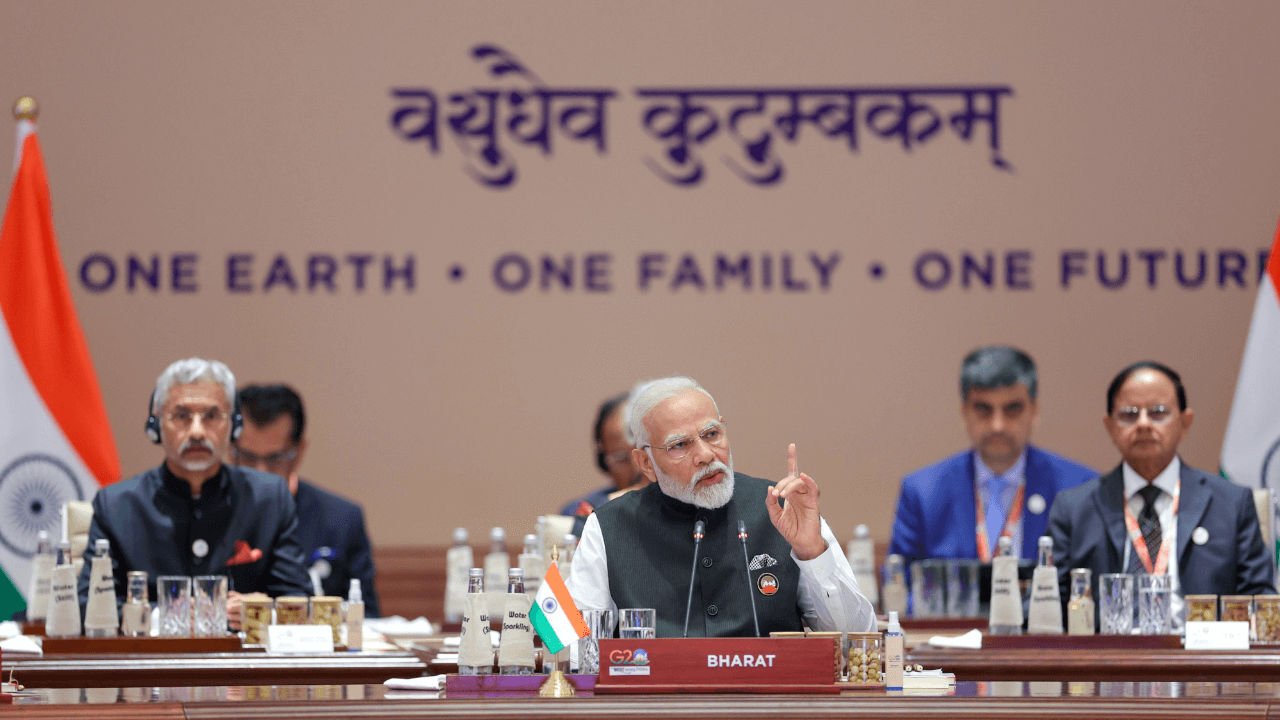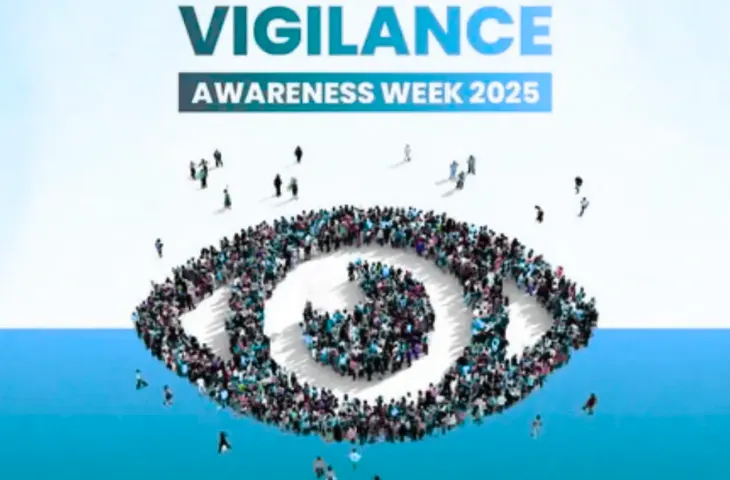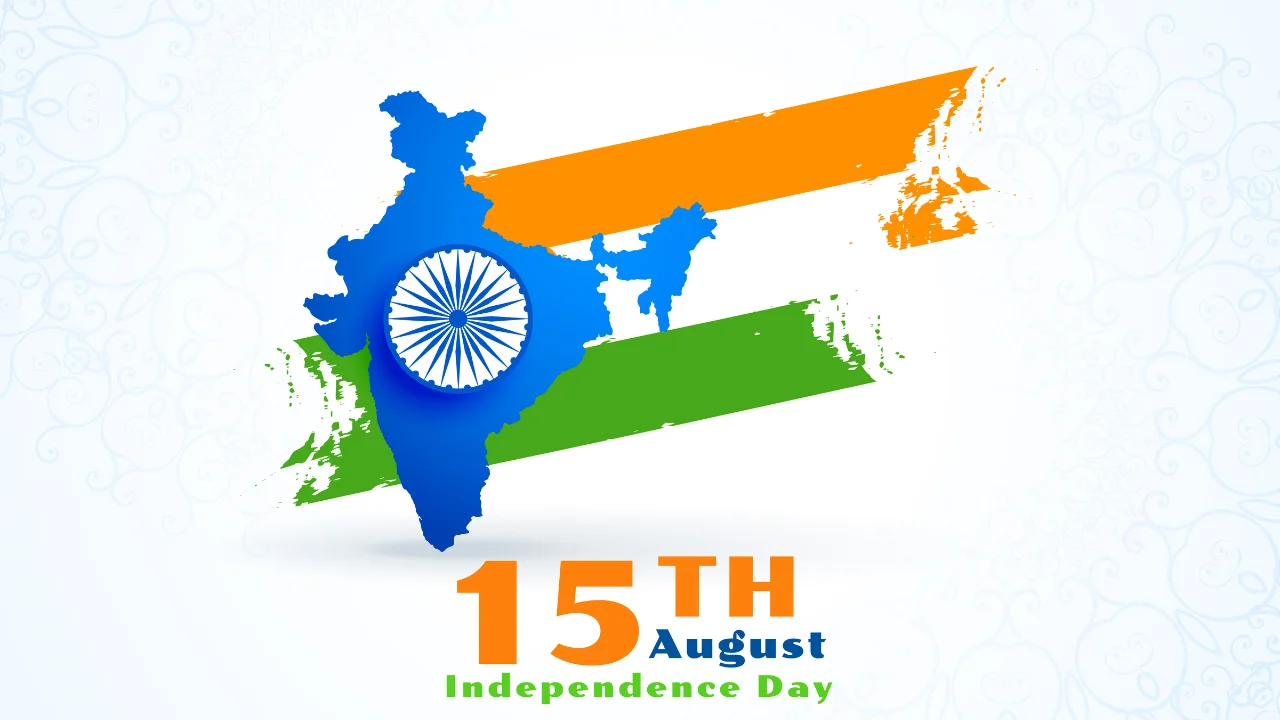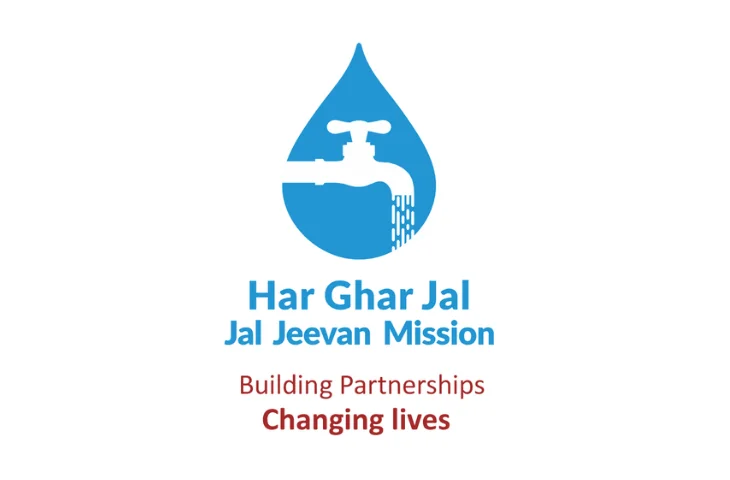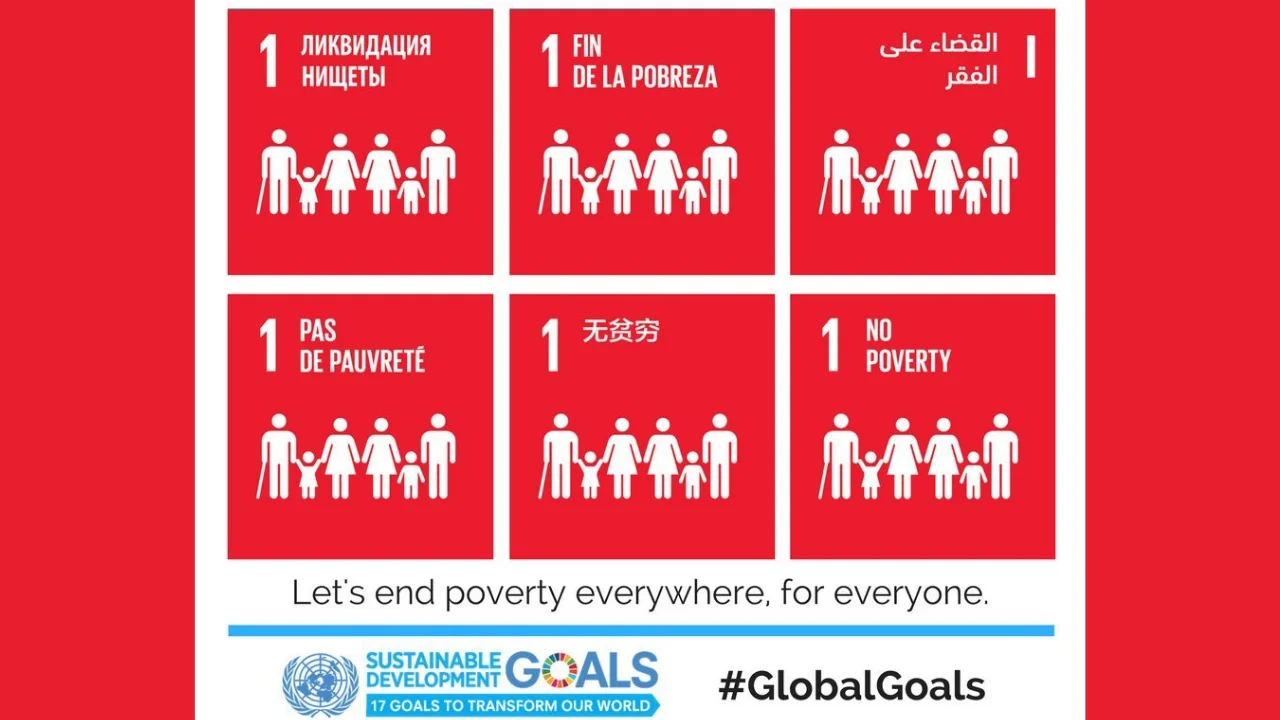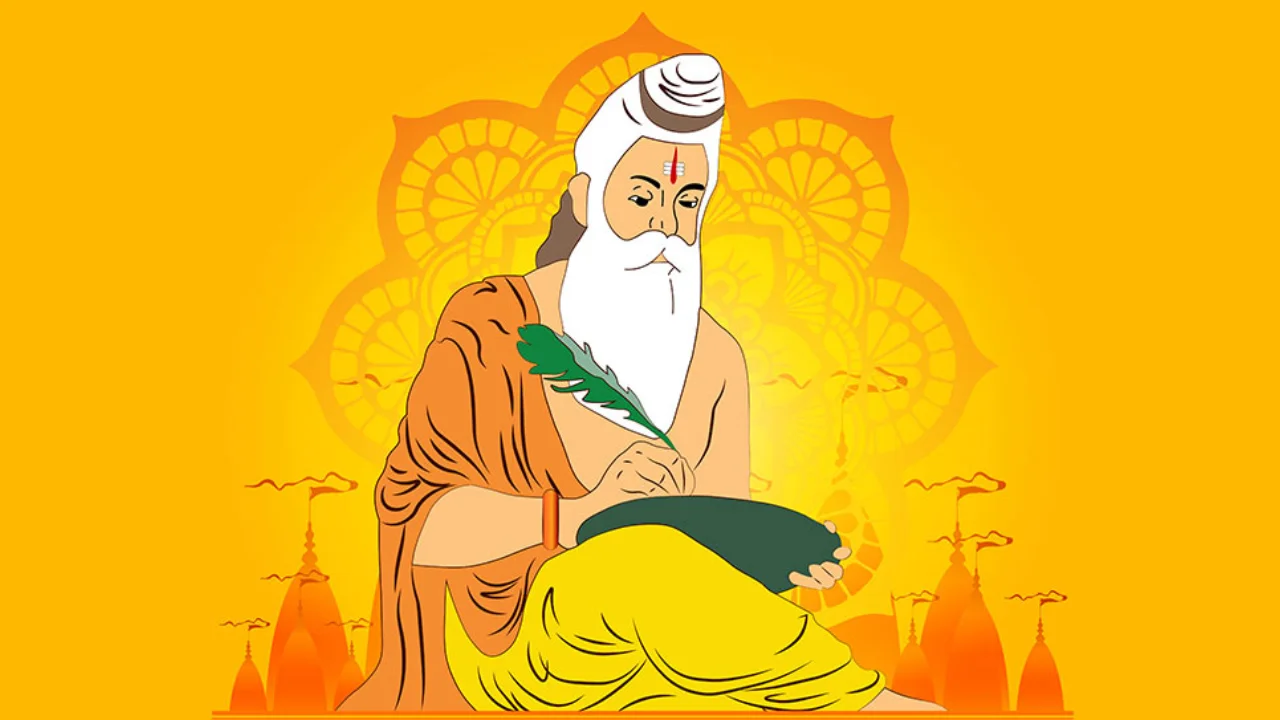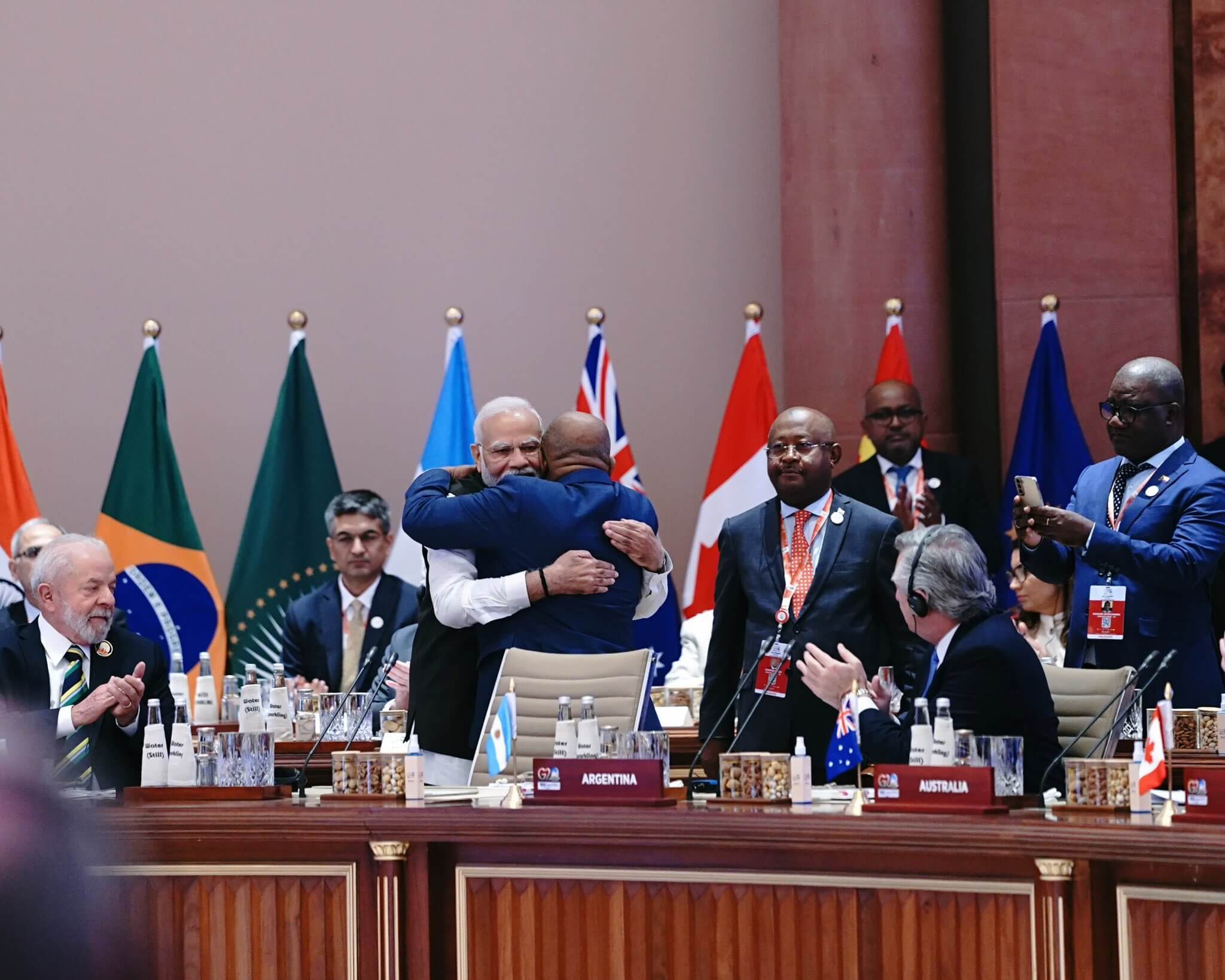
India’s decision to include the African Union (AU) as a member of the G20 earlier this year has yielded significant results. The African Union, representing 55 countries, has been formally admitted as a new member of the G20 during the opening session of the two-day G20 Summit in New Delhi. Indian Prime Minister Narendra Modi made this historic announcement, extending an official invitation to the African Union to become a permanent member of the Group of 20 largest economies (G20). This development represents a noteworthy step toward a more inclusive and equitable global economic order, emphasizing the importance of African nations on the world stage.
Inclusion of African Union in G20
The proposal to include the African Union as a full member of the G20 was initially put forward by Prime Minister Narendra Modi in June of the same year. In his letter to G20 leaders, Modi suggested granting the African Union “full membership at the upcoming Delhi Summit of G20, as requested by them.”
This idea had its roots in the ‘Voice of the Global South’ summit held in January, where a majority of the 55 African countries participated. Subsequent discussions on this matter took place in Addis Ababa, Ethiopia, which is home to the African Union’s headquarters. At that time, the G20 only had one member from the entire African continent, South Africa.
Many African leaders argued that similar to Europe, which is represented by five countries and the European Union (EU), the African Union deserved comparable representation in the G20, considering its significant regional influence and the number of countries it represents.
Significance of Inclusion of AU in G20
- India’s focus on incorporating the priorities of African countries in the G20 agenda during its presidency reflects the depth of New Delhi’s engagement with Africa.
- This engagement received a significant boost during the 3rd India-Africa Forum Summit in October 2015, which saw more than 40 Heads of State and Government from African nations in attendance.
- Under the Africa Outreach initiative, India has made ministerial-level visits to all African countries, with Prime Minister Modi himself visiting at least 10 African countries in the past nine years.
- While India’s structured outreach to Africa started in 2008, China began its engagement earlier in 2000, leading to the formation of the Forum on China-Africa Cooperation (FOCAC). China has continued to strengthen its ties with Africa over the years.
However, India’s decision to include the African Union in the G20 has positioned it as a leader among developing and underdeveloped countries. This move aligns with India’s aspiration for permanent membership in the United Nations Security Council (UNSC) and its efforts to garner support from African nations, which hold 55 votes in the UNSC. It underscores India’s commitment to promoting inclusivity and fairness in international forums.
About the African Union (AU)
The African Union (AU) is a continental union consisting of 55 member states located on the continent of Africa. It was officially launched in 2002 as a successor to the Organization of African Unity (OAU).
- The AU has a number of organs, including the Assembly of Heads of State and Government, the Peace and Security Council, the African Commission on Human and Peoples’ Rights, and the Pan-African Parliament.
- The AU has been involved in a number of peace and security initiatives, including the deployment of peacekeeping troops to Sudan, Somalia, and the Democratic Republic of the Congo.
- It has also played a role in promoting good governance and human rights in Africa.
Key objectives of the AU
- Promote unity and solidarity among African countries: The AU aims to promote unity and solidarity among African countries by encouraging cooperation in areas such as trade, economics, and security.
- Accelerate the political and socio-economic integration of the continent: The AU aims to accelerate the political and socio-economic integration of the continent by promoting the free movement of people, goods, and services.
- Defend the interests of Africa: The AU aims to defend the interests of Africa by promoting Africa’s voice on the international stage and by advocating for Africa’s development.
- Promote peace and security: The AU aims to promote peace and security on the continent by resolving conflicts, deploying peacekeeping troops, and promoting good governance.
- Protect human rights: The AU aims to protect human rights on the continent by promoting the rule of law and by holding governments accountable for human rights abuses.
The AU has been criticized for its slow pace of progress and for its lack of resources. However, it remains an important forum for African countries to cooperate and address common challenges. It has the potential to play a significant role in the development of Africa.
- Current Affairs January 2026 Quiz, Get Free PDF & Attempt Live Quiz
- Promoting Honesty and Integrity, Vigilance Awareness Week 2025
- India Independence Day 2025 (15th August), Theme & Significance
- Jal Jeevan Mission, Ensuring Safe and Sustainable Drinking Water
- International Day for the Eradication of Poverty 2025, Theme, History & More
- Maharishi Valmiki Jayanti 2025, History, Significance & How to Celebrate

Hello, I’m Aditi, the creative mind behind the words at Oliveboard. As a content writer specializing in state-level exams, my mission is to unravel the complexities of exam information, ensuring aspiring candidates find clarity and confidence. Having walked the path of an aspirant myself, I bring a unique perspective to my work, crafting accessible content on Exam Notifications, Admit Cards, and Results.
At Oliveboard, I play a crucial role in empowering candidates throughout their exam journey. My dedication lies in making the seemingly daunting process not only understandable but also rewarding. Join me as I break down barriers in exam preparation, providing timely insights and valuable resources. Let’s navigate the path to success together, one well-informed step at a time.
